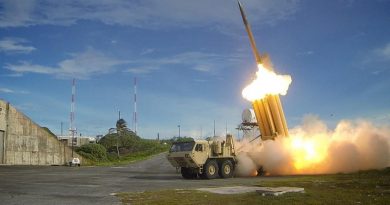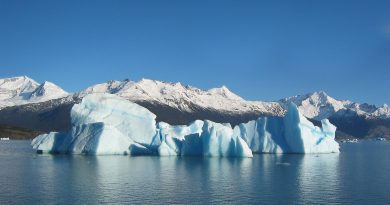APEC Summit Marked By Protests, Addresses Terrorism and Climate Change
By Adam Howard
Contributor
The 26th APEC Economic Leaders’ Meeting was held in Manila on November 18-19, culminating the Philippines’ year-long hosting of 21 member states in the Asia-Pacific Economic Cooperation.
The summit has gained the most domestic attention from its adverse effects on travel conditions in the city. According to BBC, many Manila residents expressed dissatisfaction with the tumultuous travel conditions brought on by the summit and the privileges received by delegates, such as dedicated traffic lanes and faster internet speeds. These conditions even led to one woman giving birth on the pavement while her ambulance was caught in traffic.
As the New York Times reports, Filipinos were also enraged by the government’s “clearing operations” to round up and detain hundreds of homeless people, including children, on the streets of Manila in the days leading up to the summit. Many residents saw the detention as an attempt to create an artificial image of cleanliness in the city. Authorities have claimed that these actions had nothing to do with the summit, but rather with outreach operations intended to help the homeless, and denied that they detained anyone.
BBC reports that this action was not unprecedented, as authorities also removed homeless people from the streets before Pope Francis’s visit in January. This time, residents accused the Philippine government of hypocrisy and attempting to whitewash the capital’s image.
At the conclusion of the APEC summit, the 21 world leaders in attendance delivered a joint statement denouncing terrorism: “Under the shadow cast by the terrorist attacks in Paris, Beirut, and against Russian aircraft over the Sinai, and elsewhere, we strongly condemn all acts, methods and practices of terrorism in all their forms and manifestations. We will not allow terrorism to threaten the fundamental values that underpin our free and open economies.”
Additionally, the leaders identified economic growth, prosperity, and opportunity as key tools in combating radicalization, stressing the urgent need for increased international cooperation and solidarity in the fight against terrorism.
The leaders remained mindful that, in spite of unprecedented economic growth that has lifted millions of people out of poverty, poverty remains a reality for millions of others living in the Asia-Pacific region. The Philippine Daily Inquirer reports that the leaders are calling for more concentrated efforts towards poverty reduction and eventual eradication, acknowledging the negative relationship between inequality and economic growth in the Asia-Pacific.
Each leader declared their respective countries’ commitment to achieving an effective and long-lasting agreement on climate change at the Paris Climate Conference in December. The Inquirer reports that the leaders reaffirmed their aspirational goals to reduce aggregate energy intensity by 45 percent by 2035 and double renewable energy in the region by 2030 to achieve sustainability within the Asia-Pacific.
During the summit, a thousand demonstrators protesting the US-led Trans-Pacific Partnership (TPP) trade deal took to the streets of Manila near the summit venue. CBS News reports left-wing politician Renato Reyes, the leader of the protests, said, “APEC and imperialist globalization have only benefited the rich countries while further impoverishing developing countries like the Philippines.”
Police in Manila used water cannons and batons to ward off the protesters, none of whom were seriously injured.
Despite the public outcry, there are those who recognize a benefit to the country hosting the event, such as economist Alvin Ang. According to the Manila Times, Ang believes that “the Philippines’ goodwill from hosting the event is definitely bound to be a big boost to the country’s investment climate.”
Ang cites the Philippines’ status as an emerging economy with “positive prospects” as a major reason that the country’s hosting of the APEC summit will be beneficial both in the short and long-term. However, Ang admits that the repercussions of hosting the event (such as forced holidays for businesses and untenable traffic) were severe and that the Philippine government could have done a substantially better job of communicating the benefits of the summit to the populace.
The Inquirer reports that Philippine Budget Secretary Florencio Abad said that he “cannot confirm” how much the government spent on hosting the APEC summit, speculated by media to be around 10-30 million Philippine pesos ($600,000 to $1.8 million).


